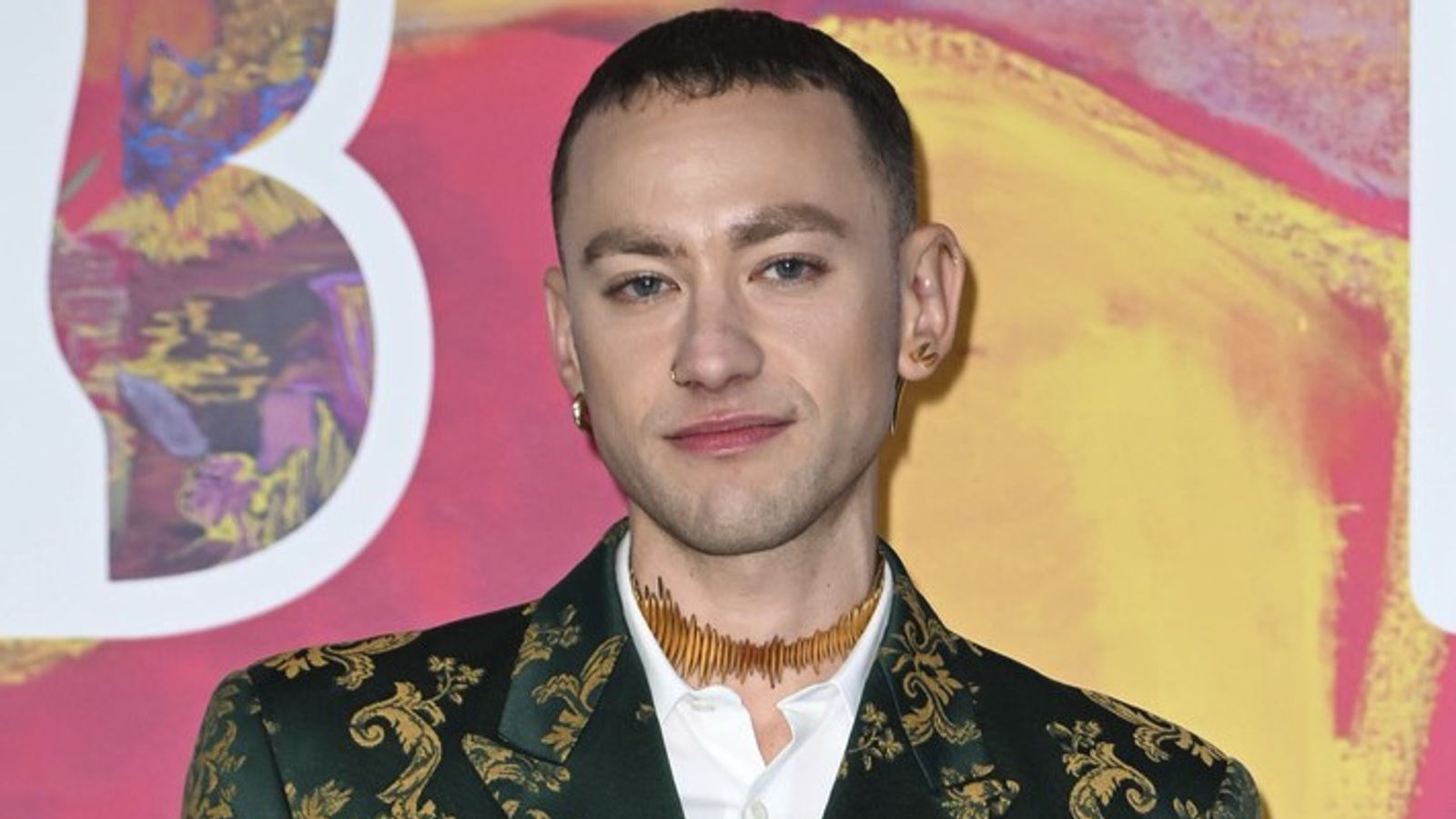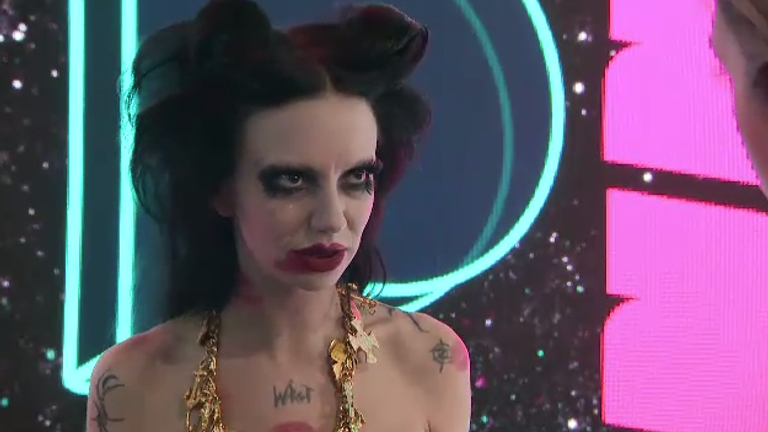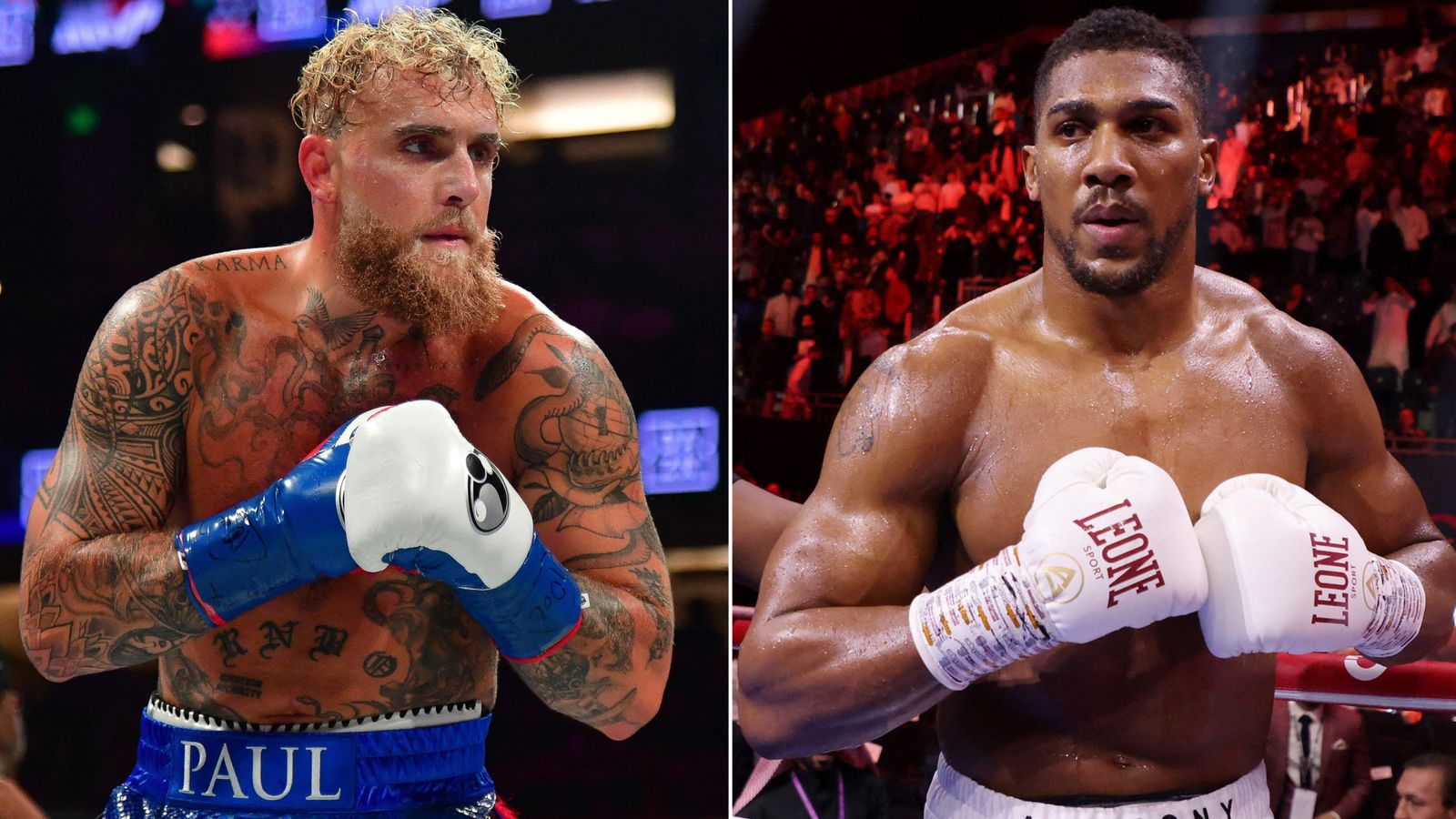
Eurovision organisers have condemned the abuse and harassment of contestants over Israel’s inclusion in the competition as “unacceptable and totally unfair”.
UK entrant Olly Alexander last month rejected calls to boycott the music competition amid the conflict in the Gaza Strip, although he is among several Eurovision entrants who have signed a joint statement calling for an “immediate and lasting ceasefire“.
Jean Philip De Tender, deputy director general of Eurovision organiser the European Broadcasting Union (EBU), has now released a statement over the inclusion of Israeli broadcaster Kan and the country’s entrant Hurricane, performed by singer Eden Golan.
He said he understands that this year’s Eurovision takes place “against the backdrop of a terrible war in the Middle East” and this has provoked strong feelings, but criticised artists being “targeted” on social media.
“While we strongly support freedom of speech and the right to express opinions in a democratic society, we firmly oppose any form of online abuse, hate speech, or harassment directed at our artists or any individuals associated with the contest,” Mr De Tender added.
“This is unacceptable and totally unfair, given the artists have no role in this decision.”
Read more:
Eurovision entrants grapple with diplomacy on Gaza
Mr De Tender said the EBU is dedicated to “providing a safe and supportive environment for all participants, staff, and fans” and promoting “the values of respect, inclusivity, and understanding, both online and offline”.
He added: “We urge everyone to engage in respectful and constructive dialogue and support the artists who are working tirelessly – on what is a music and entertainment show – to share their music with the world.”
Israel unveiled Hurricane as its entry in March – a change to Golan’s original track, October Rain, which caused controversy as its lyrics were thought to reference the 7 October Hamas attacks, which killed around 1,200 people.
More than 33,000 Palestinians have been killed since the start of Israel’s response, according to the Hamas-run health ministry in Gaza.
Eurovision bills itself as a non-political event and can disqualify contestants deemed to have breached that rule.
Last year, Sweden won the contest with the song Tattoo by Loreen. This year’s ceremony is due to take place in Malmo in May.
Years & Years star Alexander’s entry for the UK this year is called Dizzy.
The track was written with British producer Danny L Harle and inspired by 1980s acts including Erasure, the Pet Shop Boys and DJ Adamski.












